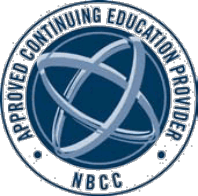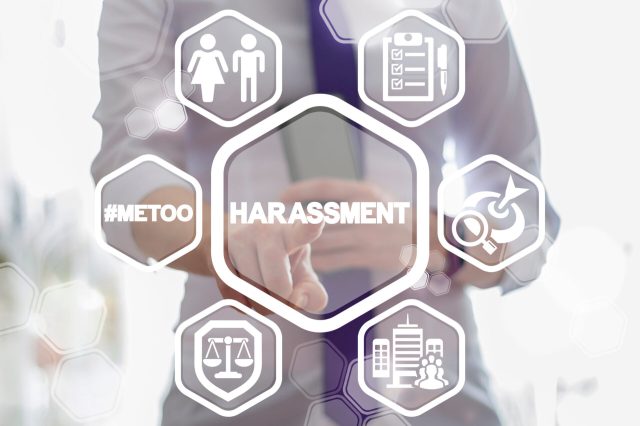Course Summary
Practice Level: Intermediate
Sexual harassment is a form of workplace discrimination that is unlawful under federal law, and in some instances, state and local law. The prevalence of sexual harassment is often driven by a culture or climate within an employment organization that either encourages or fails to discourage harassment. This learning materials is designed for social workers, marriage and family therapists, psychologists, and mental health counselors all of whom may be involved with sexual harassment in their own places of work or be a provider to clients or patients who are involved with sexual harassment in the work place. These professionals need to be able to recognize sexual harassment and understand its effects.
Course Format
This course contains downloadable online lessons (PDF) and a practice test. When you’re ready, purchase the course by clicking the “Add To Cart” button. This will let you take the test, complete the course evaluation and receive your certificate for CE credits.
Learning Objectives
- Identify laws governing sexual harassment.
- Define sexual harassment and its types.
- Recognize ways to improve work place standards and the effects of sexual harassment.
- Explain sexual harassment prevention.
Course Syllabus
Authors
William A. Cook, PhD
William A. Cook, Ph.D. is a licensed psychologist who worked for 15 years in private practice in Montana before leaving his practice to work full time as theDirector of CE4Less. He earned his doctorate degree from Texas A&M University, and focused much of his psychology practice in the area of child and family counseling, as well as psychological testing. Dr. Cook likes new challenges, foreign traveling to Africa and areas of Europe and the near East, scuba diving, running, music, and spending time with his family.
Susan DePasquale, MSN, FPMHNP-BC
Susan DePasquale is a board certified Family Psychiatric Mental Health Nurse Practitioner. Her current practice is with youth and adults who have mental illnesses in both inpatient and outpatient settings. She completed her Masters of Art in Political Science at the University of Victoria, British Columbia with a focus on the Inuvialuit Western Arctic Land Claim and Political-Economic Development, Masters of Science in Nursing at Seattle Pacific University in Seattle, Washington with a focus in neurogastroenterology and the Post-Masters of Science in Nursing at the Montana State University in Bozeman, Montana with a focus in psychiatry. She has worked with small and rural healthcare teams in British Columbia and the Northwest Territories, Canada, and at the Providence Health and Virginia Mason Medical Center in Seattle Digestive and Liver Disease Departments. She is an associate of the ROME foundation, an international organization raising awareness on functional gut disorders. Susan has been actively involved in CE4Less and has over 15 years of experience in continuous education for health professionals. Since 2014, she has been affiliated with the Montana State Hospital at Warm Springs, the Galen Forensic Mental Health Facility, part of the Montana State Hospital, Youth Dynamics Inc, Aware Inc, and Insight Telepsychiatry for Montana and Wisconsin communities. She enjoys combining work with play in the Pacific Northwest of Washington State and British Columbia and in Western Montana where she relishes in a variety of scenic outdoor ocean and mountain activities with family and friends.
Accreditation Approval Statements
CE4Less.com is approved by the American Psychological Association to sponsor continuing education for psychologists. CE4Less.com maintains responsibility for this program and its content.
CE4Less.com, provider #1115, is approved as an ACE provider to offer social work continuing education by the Association of Social Work Boards (ASWB) Approved Continuing Education (ACE) program. Regulatory boards are the final authority on courses accepted for continuing education credit. ACE provider approval period: 08/08/21-08/08/24.
Social workers completing this course receive 1 clinical continuing education credits.

CE4Less.com has been approved by NBCC as an Approved Continuing Education Provider, ACEP No. 6991. Programs that do not qualify for NBCC credit are clearly identified. CE4Less.com is solely responsible for all aspects of the programs.
Courses have been approved by CE4Less.com, as a NAADAC Approved Education Provider, for educational credits. NAADAC Provider #91345 CE4Less.com is responsible for all aspects of the programming.
We are committed to providing our learners with unbiased information. CE4Less never accepts commercial support and our authors have no significant financial or other conflicts of interest pertaining to the material.


